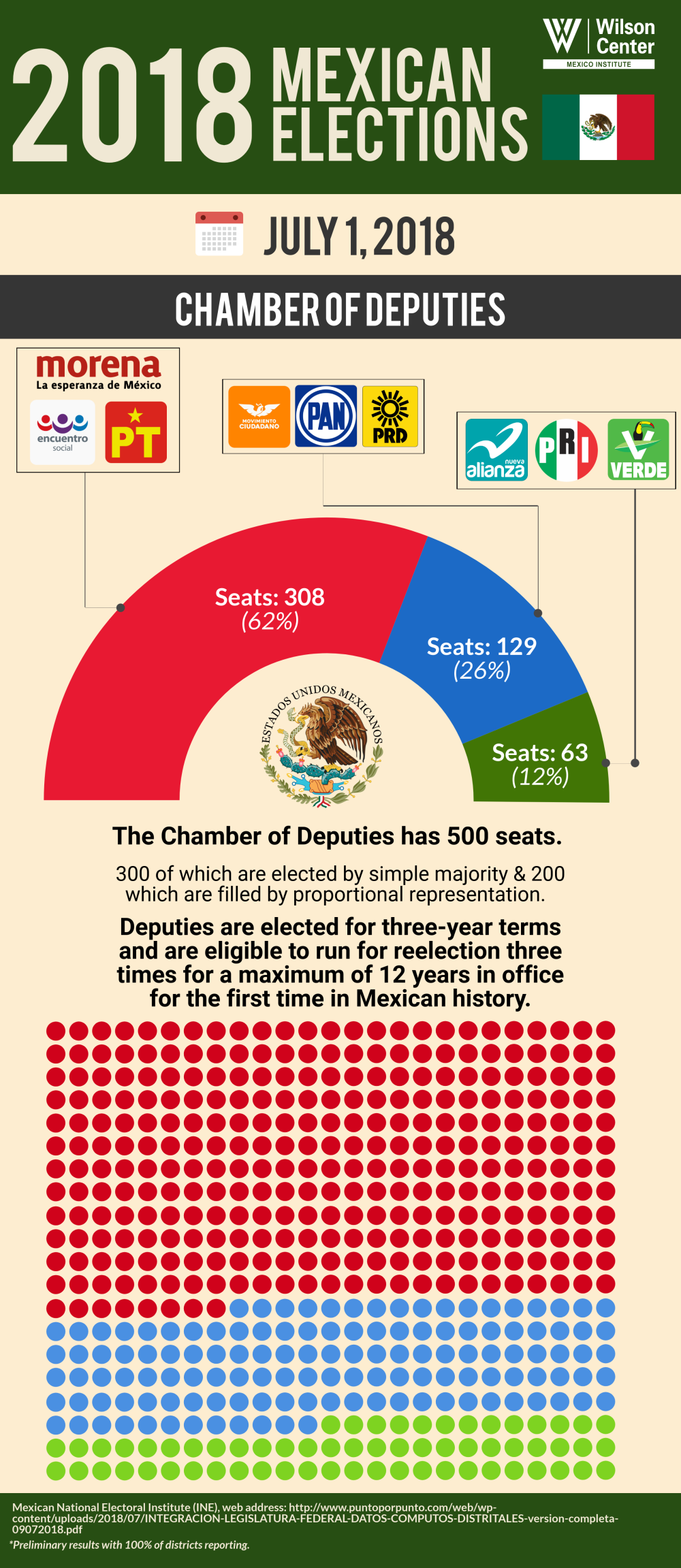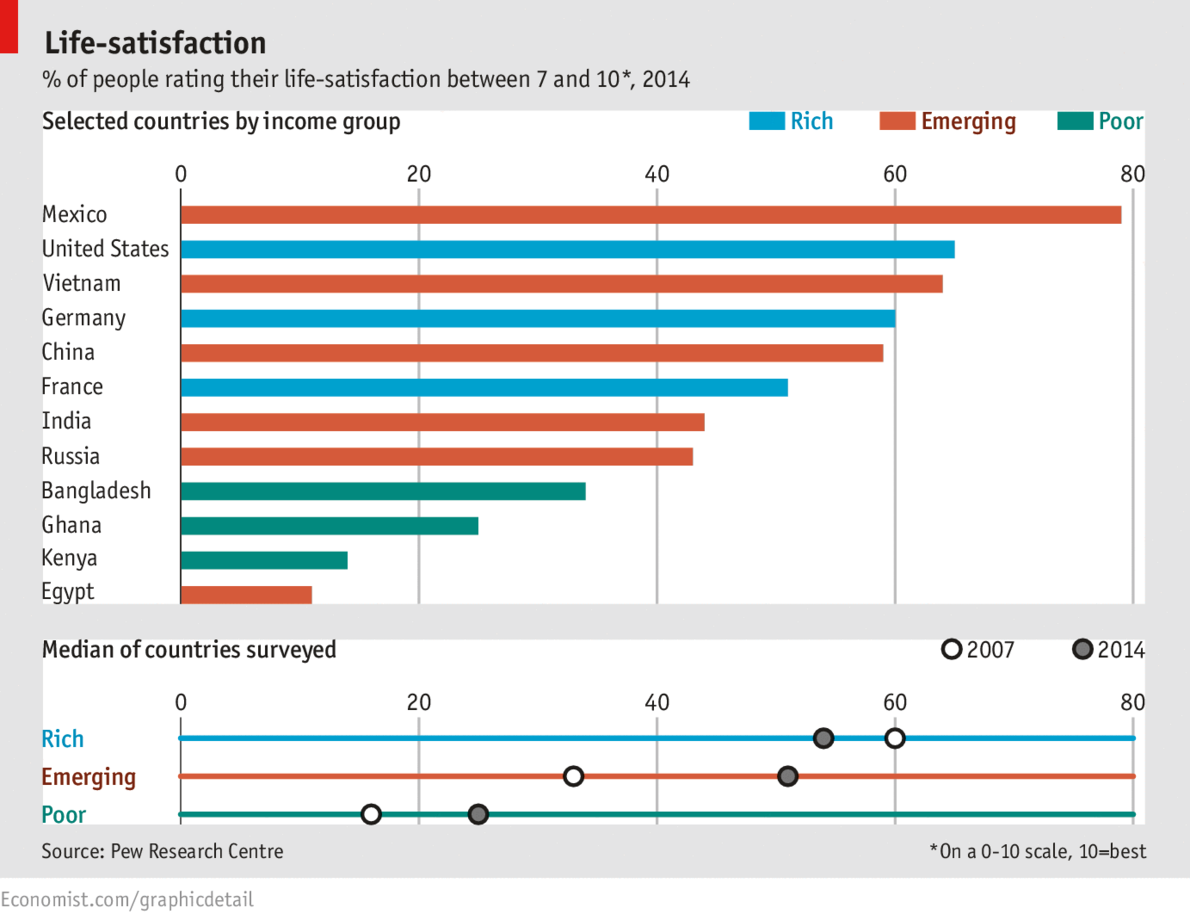Domestic and international audiences are now looking to the next government to pass the structural reforms needed for Mexico to become more productive, more competitive, and grow faster. This starts with the state-owned energy sector. Enshrined in Mexico’s Constitution, oil reserves are property of the state, and managed by Petróleos Mexicanos, or PEMEX, which retains full, control over exploration, processing, and sales. A modest 2008 energy reform pushed on the margins of this arrangement, allowing Pemex to offer incentive-based service contracts to private firms. These new rules so far have disappointed, with few foreign oil companies substantially upping their foreign direct investment or bringing in the technological know-how needed to unlock potential reserves and boost long term production.
Though notoriously a political third rail in Mexico, during the campaign Peña Nieto promised to open up the sector to private investment, à la Brazil’s Petrobras. In a 2011 interview with Financial Times he claimed that Pemex “can achieve more, grow more and do more through alliances with the private sector.” He reaffirmed this position just this week when talking with the press—saying he was convinced that the PRI could reach an agreement on energy through “much negotiation ” between his party and the opposition.
The PRI also has the advantage of counting on the PEMEX union as a political ally rather than an opponent. In fact, the union’s leader, Carlos Romero Deschamps, was just elected to the Senate on the PRI’s proportional representation list, as was the union’s treasurer, Ricardo Aldana. Their presence, rather than stymieing negotiations, may help smooth the process.
Since 2004 oil output has dropped by roughly a quarter (stabilizing in 2010). Under the status quo many expect further declines, which are worrisome not just for the economy; oil revenues account for a third of the government’s budget. Even if production remains stable Mexico will likely become a net oil importer during Peña Nieto’s tenure. For a party that aspires to remain in power, unleashing additional revenues is vital.



